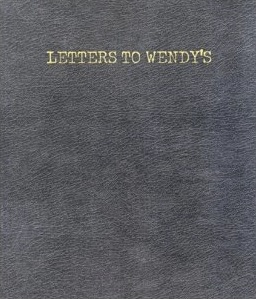 The Weaklings XL
The Weaklings XL
by Dennis Cooper
Sententia Books, 2013
84 pages / $12.95 buy from Sententia Books or Amazon
1. Dennis Cooper’s The Weaklings XL repeatedly interrogates three unknowables: the body, desire, and language.
2. Language is eternally indefinite: “You’re the / one who fired a gun at his head, so high / on whatever, and so depressed by my / lack of whatever that you were afraid you / might have otherwise not hit the target, / wherever I was at the time.”
3. We can never truly know our own bodies, the insides, the way they function. Because of this, one might assume the only way we can ever truly know the idea of a body is through exploration of the body of another. This is akin to Blanchot’s conception of death: we can never know our own death, we can only know the death of another.
4. Desire is impossible to ever know, to ever understand, to ever achieve in the sense of a totality. Cooper’s poems show how parts of desire can be hinted at in physical altercations, but desire is always immaterial and, thusly, can never be adequately incorporated into an experience.
5. In a suite titled “BOYS2BRELOCATED,” a selection of invented “personal ads” by under-age gay (or not gay, because it doesn’t really matter) men/boys soliciting sex, 666HEAVYMETAL666, 17 years old, posts the following: “DO YOU REALLY GIVE A CRAP? I’M SCARRED OK.” The suite presents a context in which misspelling echoes the reality of the quick-typing mode of the internet, where the reader can imagine these personal ads would be found. However, in a bizarre semantic twist, the context of the typo allows a double reading of the message: “SCARRED” can either be read as it is typed, as “scarred,” as in wounded, damaged or affected, or it could be taken as a misspelling of “scared,” as in frightened, terrified. This dynamic back-and-forth is all the context any of the personal ads need.
6. Before recent years Dennis Cooper was mostly known as a transgressive writer who was obsessed with writing about the sexual murders of young boys. This is his content. The success of his writing is dependent upon this obsession: it’s not literal (as in, I don’t think the claim could be made that Dennis Cooper the person is interested in murdering a young boy in a sexual context), but it’s the guiding force of the work. It’s a metonymic mode that allows a total and occasionally exhausting exploration of the indefinite nature of language, desire, and the body.
7. Somehow in recent years the content of Cooper’s work has been “white-washed” and the focus has turned onto his ability to construct sentences. Dennis Cooper is a brilliant prose stylist, and at the level of the sentence is work is amazing. This is demonstrated throughout all his work, I think; the poems here, all of the novels, his work in theater. However, I think ignoring the obsessive thematics of the work is doing the work a disservice. It strikes me as a sort of intellectualization that would position the work as some sort of purely intellectual art. Cooper is a brilliant writer who demonstrates remarkable intellect, but I think to read the sentences while ignoring the content would be a futile gesture. Language and the body, language and desire, these things are all linked.
8. Bernard Noël’s early career as a poet consisted of works that interrogated the relation of language to the body. This often resulted in the work carrying on into dark places. As a poet, I think Noël’s work is far stronger in its interrogation of the body/language divide, and much more accomplished. However, nobody reads Bernard Noël, especially not American audiences, as very little of the early poetry is available in English, and what is available is in no way easy to come by. In opposition, however, Cooper’s novels are far more accomplished than Noël’s single ‘straight-forward’ novel, The Castle of Communion.
9. Cooper’s poetry, while less formally/visually interesting or experimental than his novels, strips the words to the core of the problem that is often present in the novels: how can one mete language with desire, with the body.
10. In the annals of juvenile “trying to out-gross” one another, I remember hearing a “joke.”
“What’s the best thing about having sex with a twelve year old girl in the shower?”
“…”
“Slick her hair back and she looks like an eight year old boy.”

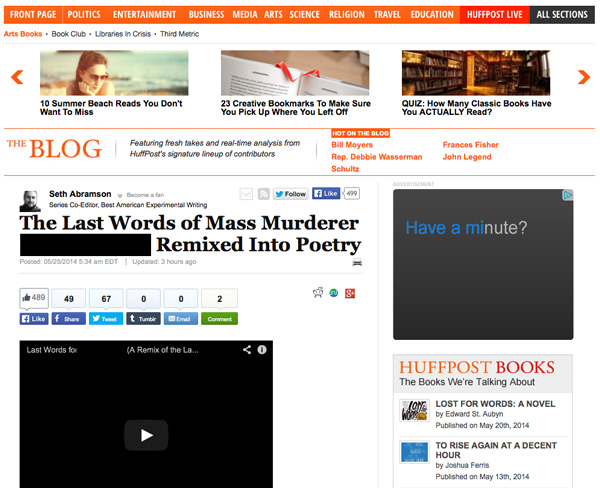

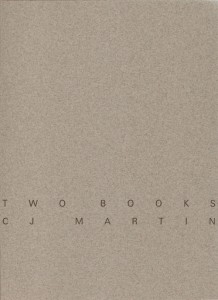
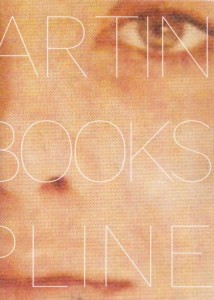
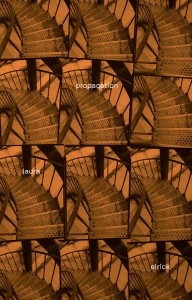
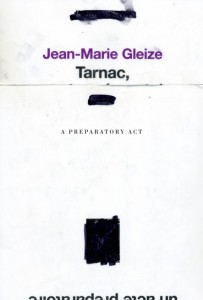
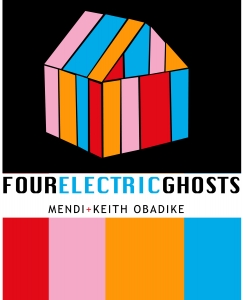
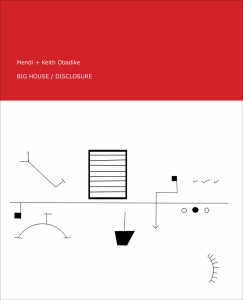
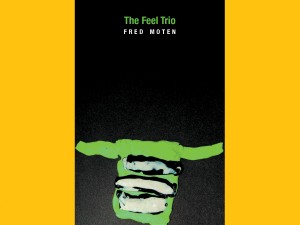

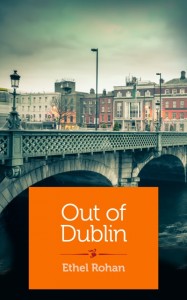 Out of Dublin
Out of Dublin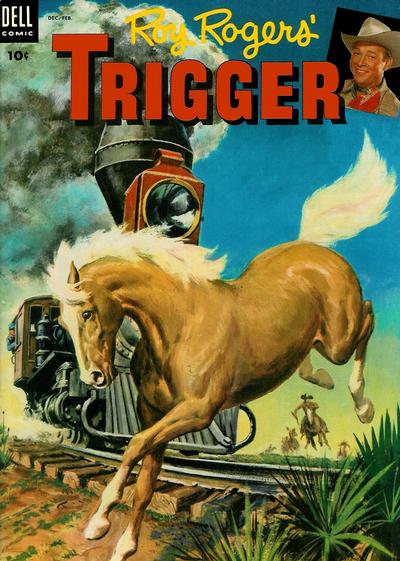
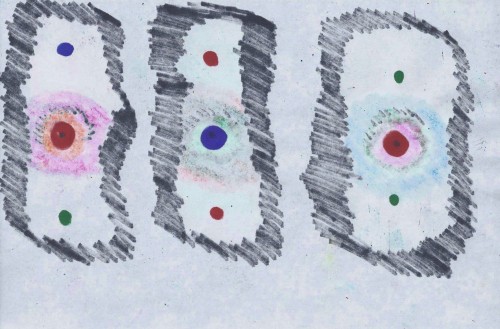
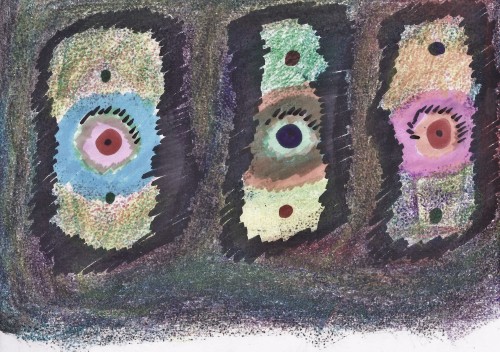
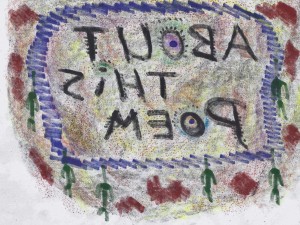
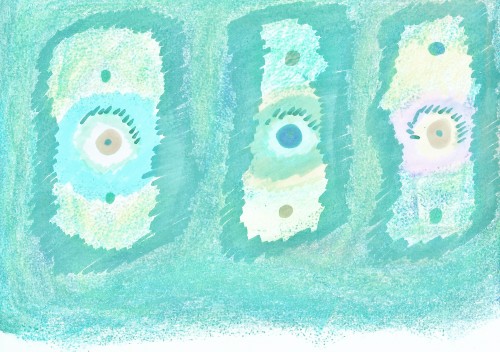
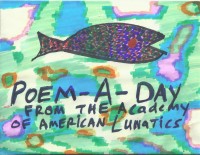
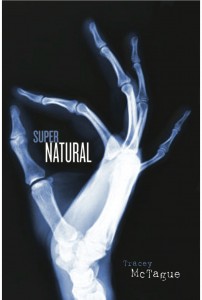 Super Natural
Super Natural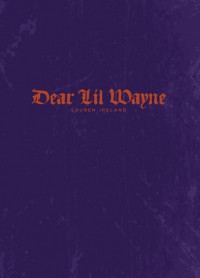 Dear Lil Wayne
Dear Lil Wayne 